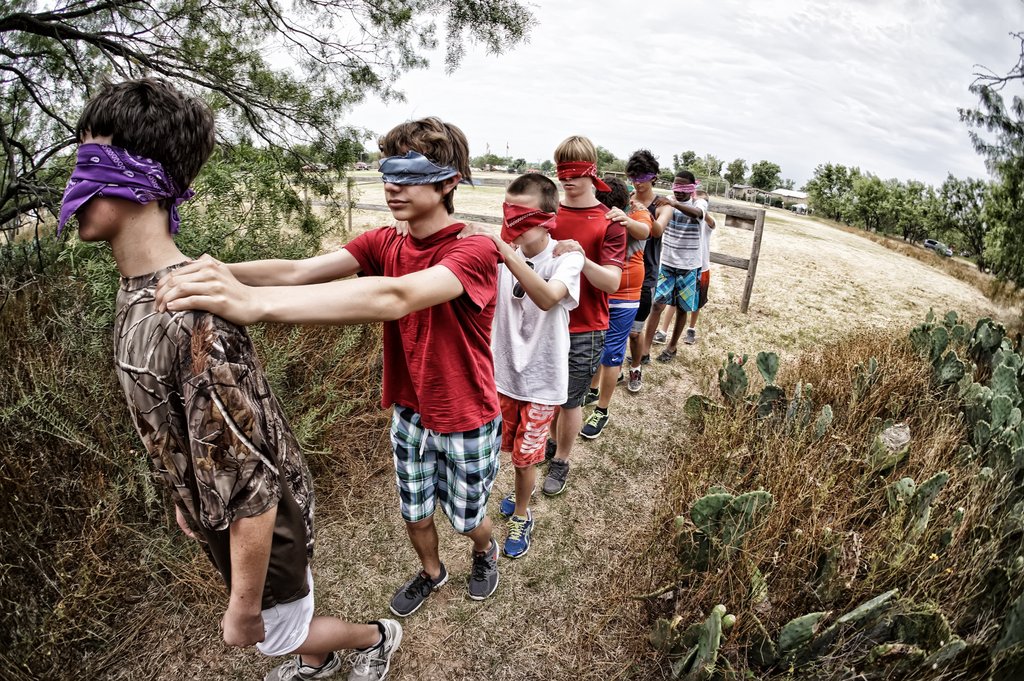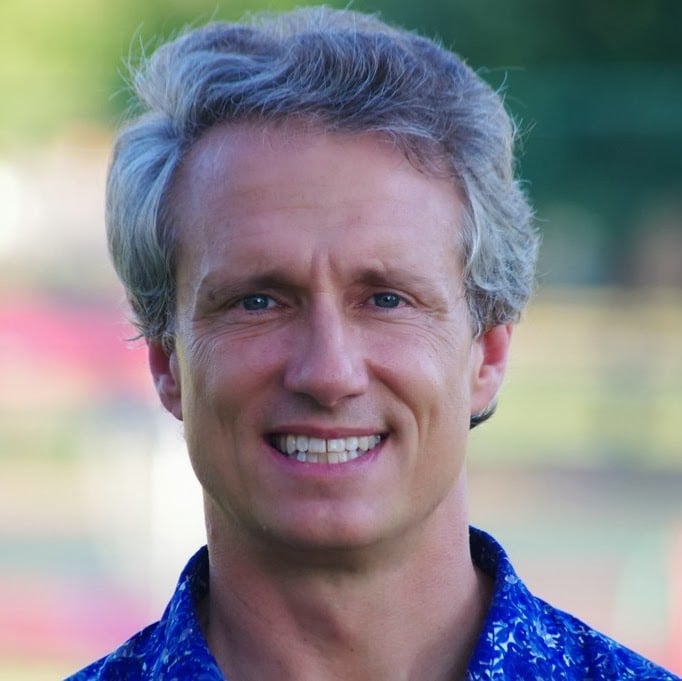
Each day, we stress the "Four R's" at camp. Please allow me to tell you a little about them.
During the school year, we attend 5-6 conferences across the country to help us improve our knowledge of families, children, and the camp experience. As we attend these events and meet other camp and child development professionals, I have come to three conclusions:
- The overnight summer camp experience has the potential to be the most important child development experience outside of the home
- Most parents do not have any idea of the child development benefits of camp
- Many camp owners and directors also fail to understand these benefits. As a result, these directors are not as intentional about delivering these benefits as they should be.
Before I go any further, I want to stress that camp absolutely must be a blast! Laughter and joy and elation and fun are central to a great camp experience. When I think back on my years of camp, I see faces smiling and remember silly, crazy activities. I do not “see” myself “developing” as a young boy.
But I know it happened. I developed social skills by living with 12 other boys who started as strangers and ended as friends. My self-esteem grew as I overcame a fear of horses and became a good (though not great) rider. Acquiring new skills (like archery and climbing) gave me greater confidence in my abilities to attack challenges. I developed independence as I learned I could survive (and even thrive) away from my family. The supportive camp environment enabled me to “be myself” instead of who the “in” crowd wanted me to be. After several years at camp, I developed the ability to “be myself” everywhere and just let the world deal with it.
Let me be clear, my parents are the primary source of my development, but my camp experiences further refined what they were doing. My mother once told me that she and my dad considered camp “the best partner in parenting” they had.
Unfortunately, most people do not understand the potential power of a camp experience. Those that never attended often think of a camp term like a fun vacation to, say, Disneyworld. Some even believe that camp is what “people do to get rid of their kids.” You can only imagine how frustrating this statement is to those of us who commit ourselves to camp and who understand that sending a child to camp is a decision born of parental love. Like having a teen go to college, sending your child to camp hurts (and costs) a bit, but it is something that will make your child a more capable and glorious individual.
Even parents that send their children to camp do not fully appreciate all of its benefits. Of course, this is the fault of us – the camp professionals. We are here and we see it. The onus is on us to communicate it.
This is one of the reasons why I am so excited by Michael Thompson’s book that we gave each of our new camp families . It is rewarding to have a nationally recognized expert on children and education focus on the developmental benefits of summer camp. The fact that I was asked to blog for Psychology Today seems to suggest that the broader community of youth professionals is taking camps more seriously.
But we have not traditionally done a great job of sharing our knowledge. When a child battles with homesickness and conquers it, we are witness to the entire process. The parents, on the other hand, often only get a handful of letters. Many of the things we do remain invisible to you. With this in mind, I want to give you an overview of what we attempt to do here at the mighty Camp Champions.
Our mission is to “help every child grow into the Champion they are intended to be.” A Champion is someone who knows they are unique, capable, loving, and wonderful. A Champion believes that their life is a life that must be lived. A Champion embraces the responsibility to help other people become Champions as well.
To further our mission, we focus our attention on what we call the “4 R’s:” respect, responsibility, taking reasonable risks, and reaching out. We will tell you more about the “4 R’s” in subsequent articles, but here is an overview:
- We encourage respect by modeling respect ourselves in our interactions with each other and with the campers. A simple manifestation of this is our tradition of calling everyone “sir” and “ma’am” (my children call me “Steve Sir” and I call them “Wiley Sir”, “Liam Sir”, “Terrill Ma’am,” and “Virginia Ma’am”).
- We reinforce responsibility daily. Every camper and counselor must take care of his or her own possessions. Admittedly, our “lost and found” does a pretty steep amount of business, but the children are learning. We have cabin inspections and meal clean ups. As campers get older, they are responsible for selecting their own activities and getting themselves there. Our senior campers are part of an elaborate 3-year program designed to transition them from thinking like campers (responsible for themselves) to thinking like counselors (responsible for others).
- Psychologists agree that children will take risks, so the challenge to parents is to engage them in reasonable risks (trying out for a play, learning a new skill) rather than allow them to experiment with dangerous risks (drugs, promiscuous sex). We help children take reasonable risks each day. Ascending our climbing wall, learning to ski, and performing at Torchlight are just a few examples of the reasonable risks of camp.
- Finally, we want campers to learn to reach out. As mentioned above, a true Champion has a responsibility to help others. On certain evenings, campers recognize and acknowledge other campers that have helped them or others (for fun, we call this “Grateful Deeds” – please see the other article that I am sharing today). Our counselors do community service as part of orientation. We celebrate anyone that helps and supports cabinmates.
This is about as heavy as we camp professionals get, but I thought you would enjoy knowing more about what we strive to achieve at Camp Champions. Do our campers have amazing amounts of fun? No doubt about it! Yet this fun is intertwined with a strong intent to facilitate your child’s development into a Champion!
Steve Sir


